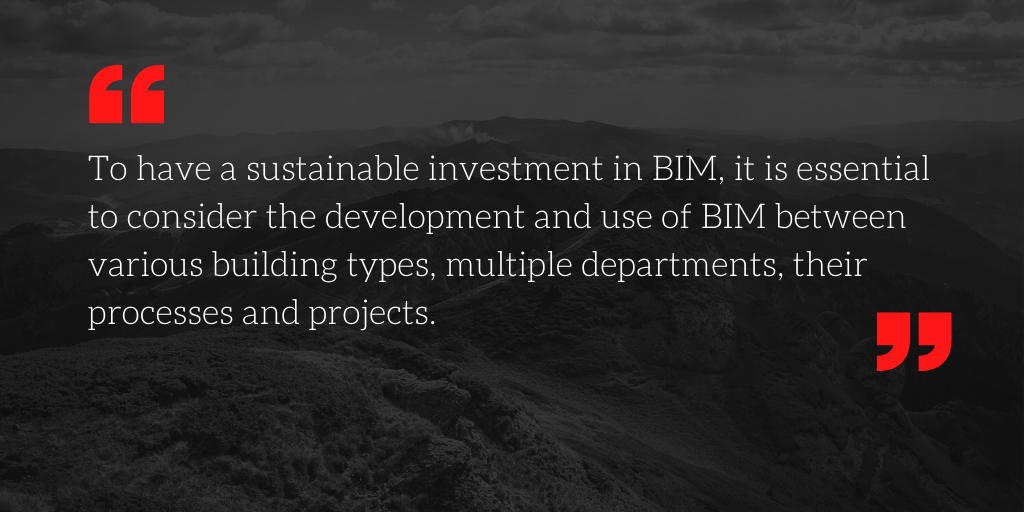Why BIM standards are important for contracting companies in UAE region?
Like CAD standards, BIM standards in UAE are important when creating and sharing BIM models. In this blog post, we will explain about importance of BIM standards and what should they contain.
Why your company needs BIM standards?
BIM standards ensures continuity for project and also ensures the expectations of project owners are met. They improve productivity and ensures about the sustainability of BIM implementation. A typical BIM standard is useful to design and contracting companies and departments responsible for managing multiple projects involving multiple parties such as designers, contractors, facility managers, etc. However, some coordinators and managers end up implementing their own standards which creates complications and confusions when collaborating.
To have a sustainable investment in BIM, it is essential to consider the development and use of BIM between various building types, multiple departments, their processes and projects. In the absence of uniform/consistent standards more companies and departments end up establishing their own standards which disrupts the established BIM objectives.
UAE or United Arab Emirates needs BIM standard which ensures that the technology is implemented adequately on local projects by designers and contracting companies.
BIM Guidelines and Standards
Prior to standardizing on BIM on majority of projects, companies will be facing a variety of limiting issues which might include bidding process that may fail to deliver the necessary expertise which will be needed for specialized projects; cumbersome project management processes; quality control issues; and lack of uniform design standards for BIM project, and more.
Companies in UAE can learn and adopt part of BIM standards and BIM policies that governments and BIM steering agencies across various nations are implementing such as Singapore (BCA), United Kingdom (BSI, CDBB, UK BIM Alliance), United States of America (NBS, AIA), etc.
Upon implementing BIM and consistent standards for its use across the country and by the support of government departments that supports it, companies in UAE needs to put in place BIM methodologies and processes that make it easier for teams to assess and visualize higher quality building and infrastructure designs and collaborate more effectively than would otherwise possible with traditional CAD and cumbersome paper based drawings.
The BIM guidelines needs to consider the end use of the BIM models for multiple client agencies, allowing qualified and authorized client agency representatives to review the ways in which the BIM may facilitate their ongoing bidding operation and maintenance protocols, and tailor their agency requirements and standards to leverage the enhanced capabilities provided by BIM for building operations and management.
The BIM guide should also be able to facilitate the consistent use of BIM throughout the project workflow making it easy for teams to assess and visualize quality building designs and collaborate more effectively than traditional processes and tools.
The benefits will be even greater when transitioning into the construction phase with the transfer of BIM models from design team to the construction manager for assistance in the virtual design and construction process. Usage of BIM for project scheduling, logistics planning, and coordination have already proven paramount.

